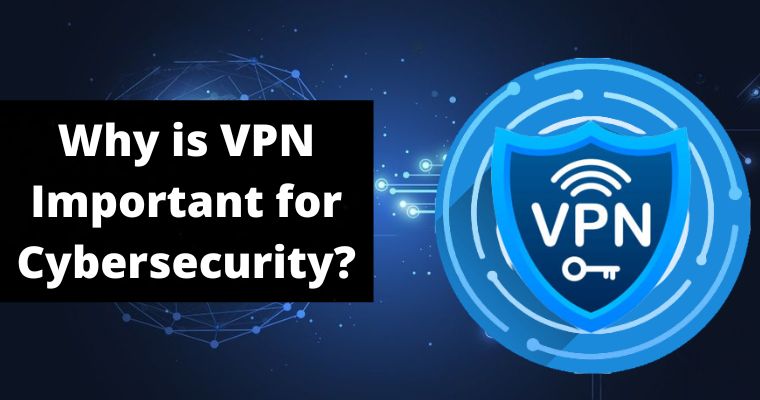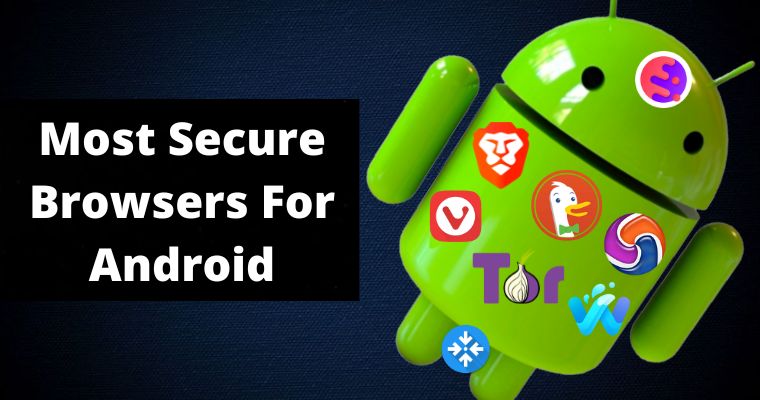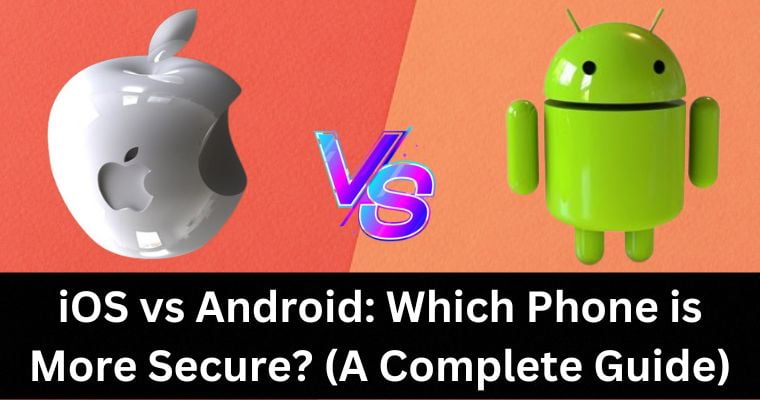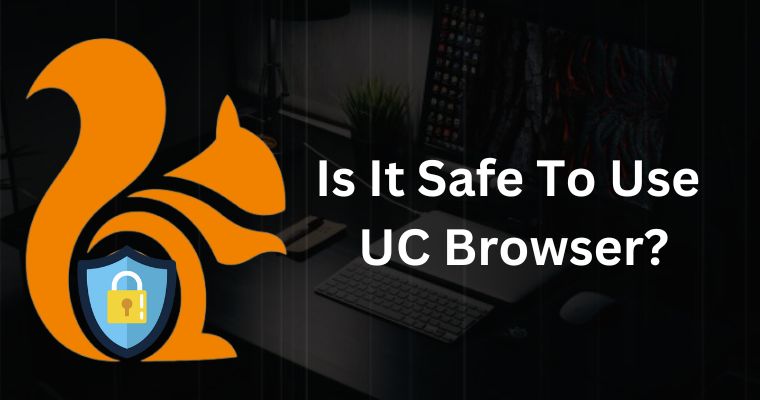The Internet is now for all of us day-by-day habits. We use it to work, for our amusement, to find information and of course shopping and all. With the use of the Internet on a day-to-day basis, the chances of online fraud or scams increase significantly.
That is why you have to pay attention to the topic of your safety, whether it is online shopping or gossiping with friends on social media.
In this article, we will discuss more about the types, benefits and importance of virtual private networks.
Table of Contents
What is a VPN?
A virtual private network (VPN) is an Internet safety service that lets users access the Internet because they are connected to a personal network. VPNs apply encryption to make a safe connection over unsecured Internet communications.
VPNs are one way to defend business data and handle user access to that data. VPNs protect data as users interrelate with apps & web properties over the Internet, & they can keep assured resources hidden.
They are usually used for access control — but; other identity & access management (IAM) solutions can also assist with managing user entrance.
Imagine the virtual private network as a passageway where through it passes all the data of our connection protected.
In this method, we defend our activity, the pages we enter, the files we download & the data that has to do with the IP address of our connection even information that has to do with the work of the PC that we use.
What are the types of VPNs?
Basically, there are twelve types of VPNs that are very important in the aspects of cybersecurity. here is the list of the following Virtual Private Networks.
Remote Access VPN
There are two sub-types of VPNs within Remote Access VPN.
Client-Based VPN: Allows individual users to connect to a private network securely from remote locations using VPN client software. This is often used by employees to access their company’s resources while working remotely.
SSL/TLS VPN: Uses Secure Socket Layer (SSL) or Transport Layer Security (TLS) protocols to establish a secure connection over the internet. Often used for web-based applications.
Remote access VPN lets a user join a network & check out its services & assets distantly. The link between the user and the private network is built through the Internet & the connection is protected & private.
Remote Access virtual private networks is helpful for business users in addition to house users.
A business member of staff, while roaming, uses a virtual private network to join the company’s personal network & access files from anywhere they can also access resources on the private network.
Home users, or private users of virtual private networks, mainly utilize VPN services to avoid local limitations on the Internet & access blocked sites. Users aware of Internet safety also utilize virtual private network services to improve their Internet security & privacy.
Site–to–Site Virtual Private Networks
There are two sub-types of virtual private networks within Site–to–Site VPN. It is also described as a Router-to-Router & is generally used in business organizations.
Intranet-based VPN: Connects multiple remote locations of an organization, creating a secure network between these sites. It’s commonly used for connecting branch offices to a central corporate network.
Extranet-based VPN: Extends the reach of a corporate network to trusted partners or suppliers. It allows controlled access to selected resources within the internal network.
Companies, with workplaces in alternative places, utilize Site-to-site VPN to join the net of one workplace spot to the network at a different workplace site.
When numerous offices of a similar company are linked using a Site-to-Site VPN type, it is described as an Intranet-based virtual private network.
When a business uses a site-to-site virtual private network to join the office of a different group, it is described as an extranet VPN.
Mainly, Site-to-site VPN makes a virtual bridge between the networks at physically far-away offices & connects them over the Internet, & sustains a private and secure message between the networks.
Peer-to-Peer (P2P) VPN
It allows two or more devices or networks to connect directly with each other without the need for a centralized server or infrastructure. This is often used for privacy and security between individuals.
Mobile Virtual Private Networks
This is specifically designed for mobile devices such as smartphones and tablets, ensuring secure and private connections even when users are on the move. Mobile VPNs are useful for remote workers and travelers.
Layer 2 Tunneling Protocol (L2TP)/IPsec
Combines the L2TP tunneling protocol with the security features of IPsec (Internet Protocol Security). It’s commonly used for secure site-to-site connections.
PPTP (Point-to-Point Tunneling Protocol)
An older VPN protocol is known for its ease of setup but is considered less secure than newer protocols. It’s not recommended for highly sensitive data.
OpenVPN
An open-source virtual private network protocol is known for its flexibility and strong security. It can be used for various VPN types, including remote access and site-to-site.
WireGuard
A relatively new and lightweight VPN protocol known for its speed and security. It’s becoming increasingly popular for various virtual private network applications.
SSTP (Secure Socket Tunneling Protocol)
Developed by Microsoft, SSTP provides secure and encrypted communication over SSL/TLS. It’s often used for remote access VPNs on Windows platforms.
Hybrid VPNs
Combine multiple virtual private network technologies to provide enhanced security and flexibility. For example, a hybrid VPN might use SSL/TLS for remote access and IPsec for site-to-site connections.
Split Tunneling VPN
Allows users to access both the public internet and the private VPN network simultaneously. This can optimize bandwidth usage but requires careful configuration to maintain security.
Zero Trust Network Access (ZTNA)
A more recent approach to network security leverages principles of least privilege and continuous authentication. It doesn’t necessarily rely on traditional VPNs but can provide similar secure access to resources.
How does Virtual Private Network Work?
Connecting to a virtual private network is usually an effortless task. After subscribing to the best virtual private network services, you need to install their software. You then choose a server you wish to connect to, & the VPN will do the rest.
Do you want to know it in more detail or want to know the ins and outs? Once the connection is established, here’s how your data is transmitted over an encrypted tunnel.
- The VPN software on your PC or laptop encrypts your data traffic & sends it to the server through a safe connection. The data goes through your ISP, but it’s been twisted because of the encryption, they can no longer decode it.
- The encrypted information from your PC is decrypted using the service provider’s server.
- After that data is transferred to the internet & receives a reply that’s meant for you, the client.
- The traffic is then encrypted once more by the virtual private network server & is transferred back to you.
- The virtual private network client on your device will decrypt the data so you can truly recognize and use it.
VPN software locks your information by covering your PC or laptop, and mobile IP address. The software encrypts your data & routes it through safe networks to servers in faraway states or other nations. It hides your online IDs or details, allowing you to browse the internet secretly.
What Do VPNs Do?
As mentioned earlier a VPN offers an encrypted and secure server & hides your IP address from businesses, government agencies & would-be bad players.
A virtual private network locks your ID if you are using open or public Wi-Fi, & your info will be kept secret from every prying eye.
A VPN avoids your private ISP, in its place of sending your web request to a hosted server. By using servers situated all over the globe, users then have the capability to “move” them & access the internet from almost everywhere.
Encryption provides an additional layer of safety, mainly for industries that are often using remote access. It can also be a useful tool for touring, gaming & streaming.
Importance of VPN in Cybersecurity
It helps you access blocked websites without any area restrictions
As we mentioned earlier organizations nowadays let employees work from every location according to their simplicity, so that time the virtual private network plays a significant role in avoiding area restrictions.
It gives secure connections to remote private networks
VPNs also offer a feature to connect to a private network steadily from a remote site. Many organizations let their employees access private data from remote locations when they are actually away from the business premises.
VPNs significantly reduce cyber attacks & security breaches
It is not a major concern that you & your business are targeted by hackers preferably only huge breaches come into the limelight. By using a virtual private network service, organizations have more probability of reducing the chances of being trapped.
VPNs guarantee the feeling of security for customer
If your organization collects data from customers and clients, then you can save that data utilizing a VPN and become a corporation that took one step to keep the helpful user data safe.
Best Practices For VPN Security
Here we will tell you all the best practices related to VPNs and how to choose them.
Keep in mind whether the VPN you choose allows you to connect to servers in different countries – this means that you can connect to many different servers in many countries of the world. It will get a lot of strength as well as your personal information will be safe.
If we talk about the best virtual private network service provider, then they can connect you to more than 170 servers in more than 40 countries at least.
Choose a VPN that gives you unlimited server switching – As we know, the purpose of Virtual Private Networks is to create a secure and private network between your devices, websites, and other things that connect to the Internet.
Hence, it creates an extra layer of security for you so that you can work on the internet without any problem. This is a feature that would have made it more difficult for attackers to hack into your network, as it allows you to move between different regions very easily.
24/7 support is a must – if something about the virtual private network service is confusing you or you need help troubleshooting any issues, make sure you always choose a provider that provides you with 24/7 support. Top providers can be reached through email or live chat.
Easy to handle, fast, and secure – You must be competent to handle your virtual private network yourself, and it must be capable of connecting to any server rapidly.
While connected, it must let you access and load your favorite websites rapidly and effortlessly, too. The most excellent VPN service does not log your activities, so you can be certain to use a safe network that encrypts all data, making you imperceptible online.
Benefits of Using a Virtual Private Networks
Here are some of the key benefits of using a VPN for cybersecurity.
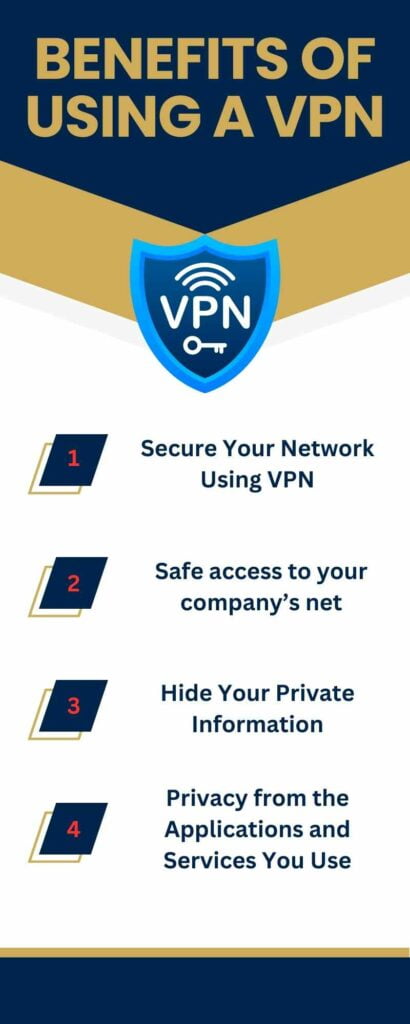
There are times when we desire to visit a page or download a video even on a Website or Netflix where access is limited to a number of locations. By using a virtual private network access becomes possible.
If for instance, you desire to visit a website, which is available only to the American citizen, there is a way out. You connect to the web through a VPN, you select a server located in the United States & you are all set!
A VPN offers us safe remote access to our home or professional network, where we even see our PC from wherever we are as a local PC network.
If throughout our Internet navigation, we enter pages that are not HTTPS all our movement is open for somebody who wants to record something. But when we join using VPN then all of our data will be secret inside the virtual private network.
Encryption of Data
When you connect to a VPN, it creates a secure tunnel between your device and the VPN server. This tunnel encrypts your internet traffic, making it unreadable to anyone trying to intercept or spy on your data.
Encryption adds a layer of protection, particularly when using public Wi-Fi networks, where your data could be vulnerable to hackers.
Protects Against Eavesdropping
By routing your traffic through encrypted tunnels, VPNs protect your data from eavesdropping by cybercriminals, government surveillance, and even your Internet Service Provider (ISP).
This is important for safeguarding sensitive information like login credentials, financial transactions, and personal communications.
Privacy and Anonymity
One more main benefit of a VPN is the capability to cover your private information. Hackers can utilize a range of methods to catch sensitive information you enter on websites.
Through that information, they can try to mimic you, gaining access to bank accounts, credit card info, & more.
So using a virtual private network, you can mask your real IP address and location. Your internet traffic is routed through the VPN server, making it appear as if you’re browsing from a different location.
With a virtual private network, however, you can enjoy high-level safety, such as 256-bit encryption. This makes your whole communications online look like illogical, garbled text and characters to anybody who is capable of finding a method to intercept them.
This enhances your privacy and anonymity, making it difficult for websites, advertisers, or even your internet service provider (ISP) to track your online activities.
Bypassing Geo-Restrictions
Some online content, such as streaming services, may be restricted to specific regions or countries. A VPN allows you to choose a server location where the content is available, effectively bypassing these geo-restrictions.
This can be useful for accessing region-specific websites, and services, or overcoming censorship imposed by certain governments.
Protection from DDoS Attacks
VPNs can help protect against Distributed Denial of Service (DDoS) attacks by masking your real IP address. This makes it harder for attackers to target you or your online services.
Secure Remote Access
For businesses and remote workers, VPNs provide a secure way to access corporate networks and resources from outside the office. This ensures that sensitive company data remains protected.
Safer Torrenting
If you engage in torrenting, using a VPN can help hide your IP address from other users on the network. This reduces the risk of legal consequences for downloading copyrighted material.
Enhanced Public Wi-Fi Security
Public Wi-Fi networks are often less secure and can be easy targets for cyberattacks. Using a VPN adds an extra layer of security, making it safer to use these networks for browsing and online transactions.
Prevent Bandwidth Throttling
Some ISPs engage in bandwidth throttling, which slows down your internet connection for certain activities like streaming or torrenting. A VPN can help bypass these restrictions and maintain consistent speeds.
Protection from Malware and Phishing
While VPNs are not antivirus solutions, they can add an extra layer of protection by blocking known malicious websites and preventing you from inadvertently accessing phishing sites.
No-Logs Policies
Many reputable VPN providers have strict no-logs policies, which means they do not keep records of your online activities. This further enhances your privacy and security.
Other Benefits include
Protection against Untrusted Networks
Public Wi-Fi networks, such as those found in coffee shops, airports, or hotels, are often unsecured and prone to attacks. With a VPN, your data is encrypted, safeguarding it from potential threats lurking on these networks.
It prevents malicious actors from intercepting your sensitive information, such as login credentials or financial data.
Safe access to your company’s net
More and more corporations are giving people the prospect to work from home or anywhere they like. In such instances, a remote access VPN can be very helpful to let workers connect to a company’s internal network from anywhere, securely and professionally.
There are several virtual private networks built particularly for business use. While they might not serve to unclog streaming services abroad, they are surely useful in protecting private and sensitive corporate data.
Secure Your Network Using VPN
A VPN is important in network security because it encrypts your internet traffic so that your online activities are private and protected from potential hacking. It also allows you to browse the internet anonymously, bypass geo-restrictions, and access public Wi-Fi networks securely.
The advantages of using virtual private networks are huge. One of the most significant is the fact that companies can efficiently secure their network. Without your acquaintance, an application or website can keep track of your movement online.
They can then examine the data they gather and use it to try to target you with ads. Without a VPN, you might experience an influx of pop-up ads that can break off your browsing experience and be a common nuisance.
If you utilize a virtual private network, it can stop people, software, & web browsers from getting access to your connection. This keeps the information you convey & accept secure & anonymous.
Privacy from the Applications and Services You Use
Your ISP (internet service provider) isn’t the only possible responsibility that you’ve got into your house. Unluckily, many of our preferred apps & internet services most remarkably Twitter have been called out for the method they’ve used the data of their consumers.
A virtual private network will stop apps & websites from trait your performance to your computer’s IP address. It can also bind the assortment of your site & browser history.
Bottom Line
Bypass censorship – A VPN must let you access websites, which have been suppressed or banned by your local government.
When the day ends, the virtual private network is now widely accepted as one of the safest methods for ensuring accurate communications among spread-out users across the world.
From a small organization with few workers to a large organization having a thousand workers, you can use VPN Service as a reasonable alternative WAN.
When you use the right virtual private network, you can make a nest of secure networks and offer it to your employees for cozy communication.
